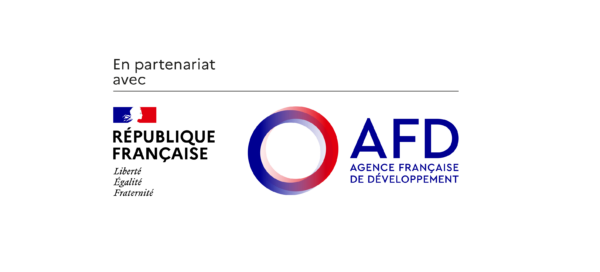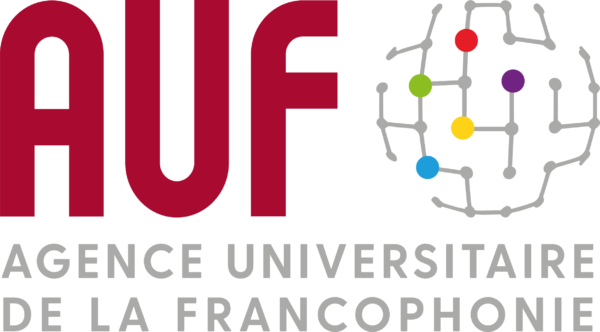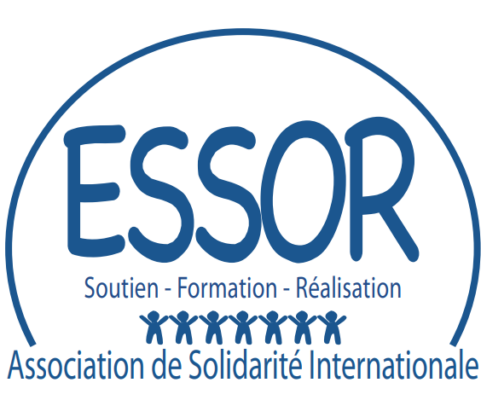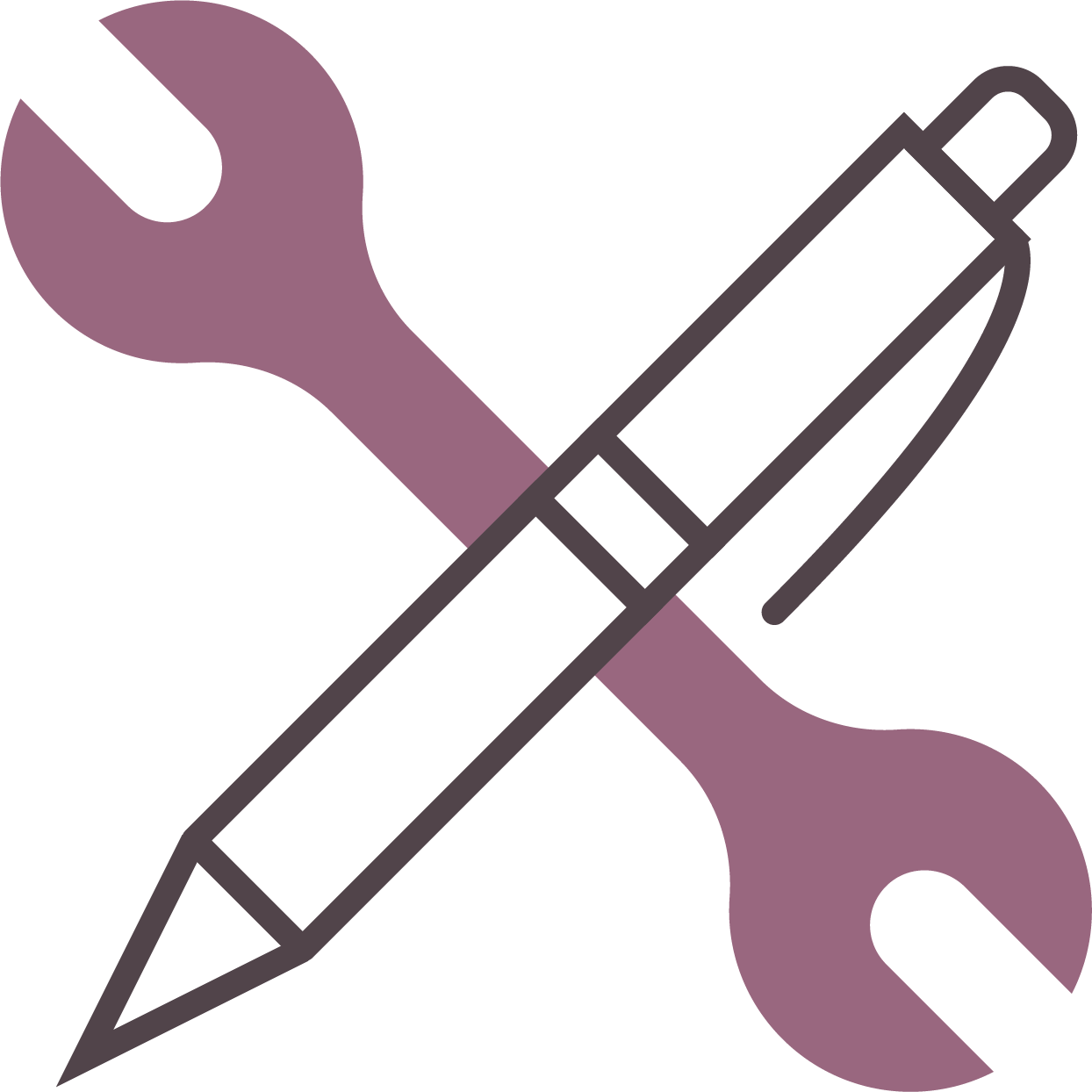FINANCIAL PARTNER
OPERATIONAL PARTNERS
The RELIEEF project: Reinforcing Integration through Employment and Entrepreneurship for Women
The place and role of women in Central African societies are affected by major inequalities, whether within communities or in terms of access to basic services, public speaking or jobs. In terms of training and integration, numerous stereotypes and barriers lead to discrimination and discouragement of women, threatening their autonomy and emancipation. Public policies treat training, integration and work separately, without adopting a continuum approach. When inequalities are superimposed, the chances of joining a training-integration continuum are slim.
Despite the existence of initiatives that take these difficulties into account, there is a lack of mechanisms to ensure follow-up and the dissemination of good practice remains limited. The lack of dialogue between the various players involved in training, whether public, private or from civil society, undermines actions aimed at the empowerment and sustainable socio-professional integration of young people, and reinforces the persistence of inequalities against young women.
It is precisely in the area of facilitating and strengthening dialogue between players that the project aims to intervene.
The RELIEEF project proposes to bring together the players involved in training and vocational integration to finance collective projects implemented within the framework of national platforms for consultation and action, which will enable better appropriation of know-how and replicability of schemes.
A pooling and sharing body bringing together the platforms at regional level will enable virtuous initiatives inspired by experience to be disseminated more widely.
The IECD is carrying out this project in consortium with ESSOR in the Republic of Cameroon, the Democratic Republic of Congo, the Central African Republic and the Republic of Congo.
The RELIEEF project comprises several actions:
Raising awareness, training stakeholders in gender issues and integrating them at the heart of our systems.
Implement Human Training programmes to encourage the personal development of young people trained in training centres.
Deploying support systems for post-training integration (Employment Guidance Offices) within training centres and universities.
Raising awareness, training and supporting entrepreneurship.
Promoting dialogue and sharing good practice on gender TVET issues.
Mobilising a pool of expertise to support public and private players and conduct thematic studies.





